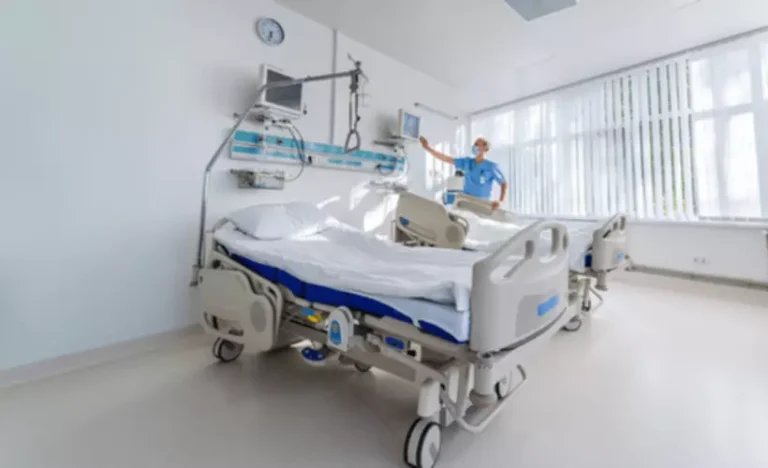It forces people to reevaluate their lives and make changes that non-addicts don’t have to make. Probably the most important thing to understand about post-acute withdrawal is its prolonged duration, which can last up to types of relapse triggers 2 years [1,20]. It is not unusual to have no symptoms for 1 to 2 weeks, only to get hit again [1]. This is when people are at risk of relapse, when they are unprepared for the protracted nature of post-acute withdrawal.
What are Common Relapse Triggers?
Getting a new job or earning a promotion can trigger a relapse in a couple of different ways. For one, you might be tempted to use again “just this once” as a means of celebrating. Recovery from addiction comes with a variety of obstacles and challenges.
How Common Is Relapse?
- Relapse can occur very soon after attempting sobriety, or after several years of sustained sobriety.
- Primary-progressive MS (PPMS) is one type of MS that medical professionals characterize by a steady progression of symptoms and no relapses.
- In more severe instances, MS may significantly disrupt your daily life.
- This specialized attention can go a long way in helping people in recovery identify their triggers and learn how to prevent further addiction.
Treatment for addiction can help clients work through a relapse and begin taking active steps to change their behavior. Read more to learn about types and stages of relapse in addiction, as well as relapse prevention strategies. Relapse is often viewed as the result of a sudden impulse, but there is actually a litany of warning signs that can show when someone is at escalating risk of using drugs or alcohol again. For many people, engaging socially and forming a support system in recovery can feel exhausting. Some people will try to avoid it altogether, which can lead to prolonged isolation and mounting loneliness. Without other people around, it’s easier to talk yourself into drug or alcohol use and rationalize it.

Starting With a Primary Care Doctor
A person with diabetes will often relapse due to poor eating behaviors, for example. They just have to reset, practice healthy eating and get their blood sugar under control with the help of their doctor. Those in recovery need to learn that feeling uncomfortable is not a state that needs remediation.

Recognizing Relapse Triggers to Avoid Risky Situations

- Most patients with recurrent understand that relapse is common and can have serious consequences.
- Like substance use disorder, triggers are most effectively responded to on an individualized basis.
- HALT is one of the more common and well-known relapse triggers in addiction recovery.
- Understanding what triggers you to relapse and having a plan in place for these triggers are your first steps toward prevention.
- Use of a substance delivers such an intense and pleasurable “high that it motivates people to repeat the behavior, and the repeated use rewires the brain circuitry in ways that make it difficult to stop.
